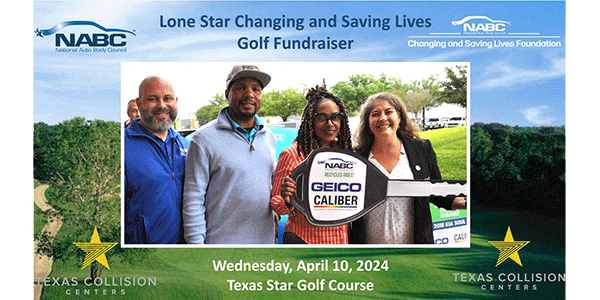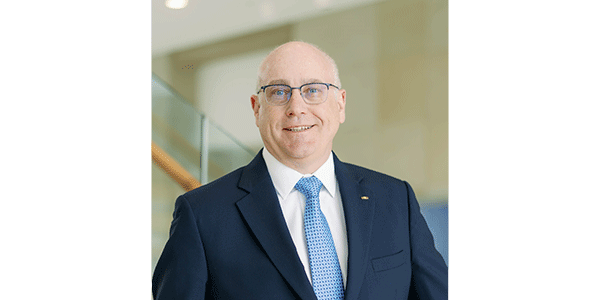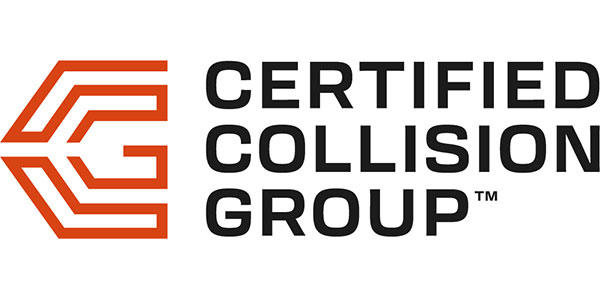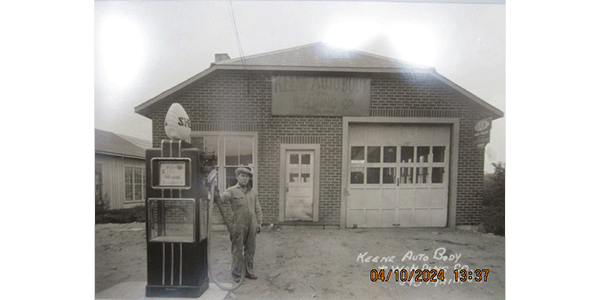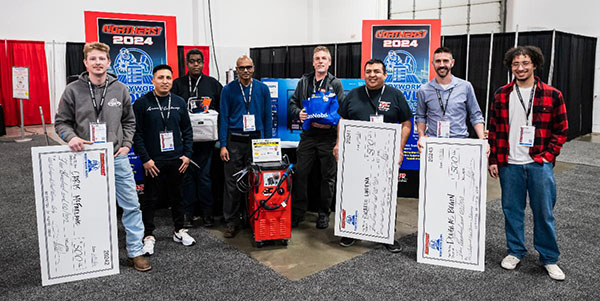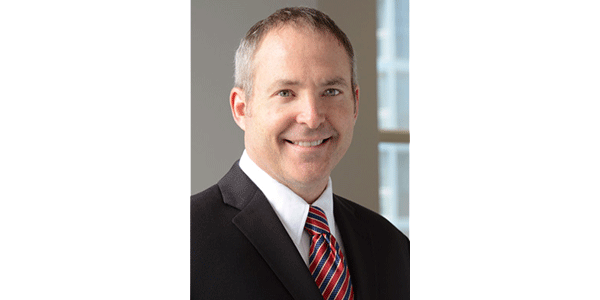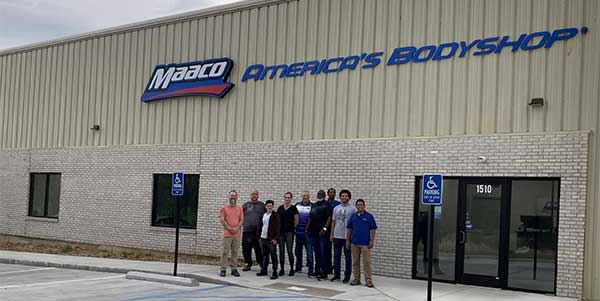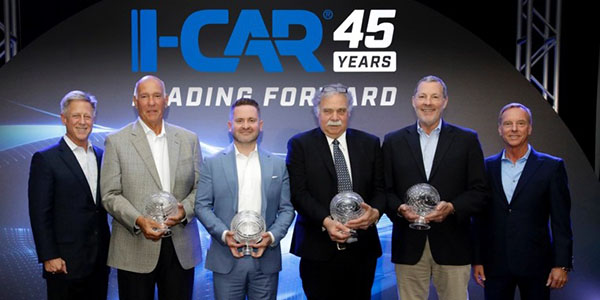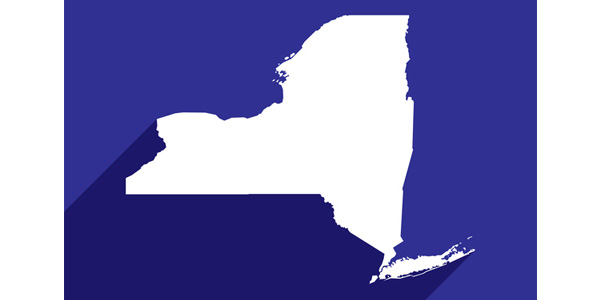
The New York State Assembly is considering a bill that would require body shops to use new OEM repair parts on collision-damaged vehicles that are three years old and under.
For all other vehicles, New York State Assembly Bill 6617 also would require body shops to obtain written consent from consumers if the repairers intend to use aftermarket, recycled or re-manufactured crash parts.
“No insurer shall directly or indirectly require the use or installation of any type or types of replacement crash part for the repair of a collision-damaged vehicle, without disclosing the type or types of replacement crash parts to the vehicle owner or the vehicle owner’s authorized representative …” the bill says. “In addition, only new original equipment manufacturer (OEM) replacement crash parts may be used on any vehicle during the year of manufacture and for two succeeding years thereafter, or for the duration of the vehicle manufacturer’s new vehicle and/or sheet-metal or body parts warranty, whichever is longer.”
If a body shop uses non-OEM crash parts during a repair, and the parts are “ill-fitting and require additional labor and materials in their installation or use,” the insurer would have to pay those costs, the bill proposes.
‘The Bill Has a Lot of Merit’
The New York State Auto Collision Technicians Association worked with state lawmakers to develop the initial language of the bill two year ago, according to Ed Kizenberger, executive director of the association. This is the second year in a row that the bill has been introduced. New York Assemblyman Matthew Titone is the bill’s lead sponsor.
Although Kizenberger acknowledged that the bill likely will face pushback from the insurance industry, he said he’s optimistic about its chances.
“I think the bill has a lot of merit,” Kizenberger told BodyShop Business. “And because it is a consumer bill, it has to be given a fair chance to see how the other legislators feel. So at a minimum, we would hope that it works its way through the respective committees and gets to the floor for a vote, and let the various houses decide the fate of the bill.”
With the automakers increasingly assimilating collision-avoidance technology and other electronic safety features into their vehicles – and vehicles evolving into highly sophisticated, interconnected computers on wheels – it’s becoming more important than ever for body shops to use OEM parts, Kizenberger added. For example, he noted that a number of automakers have said that shops must use OEM auto glass on collision-damaged vehicles to ensure that the collision-avoidance systems work properly after repair.
“I think you’re going to see more and more of that type of position from the OEMs,” Kizenberger said. “Some would argue that it’s a selfish position and that they’re trying to create a monopoly. My position is: How can you re-engineer the car by the use of parts that have not been tested in conjunction with each other?”
Regarding the three-year time frame for mandating OEM crash parts, he said the bill’s architects are “trying to make the bill reasonable for all parties.”
“Some people would argue against having any time frame that would restrict the use of non-OEM parts,” Kizenberger said. “But in our estimation, at least as far as the first three years of vehicle ownership goes – or as long as the warranty is in effect – the use of original equipment parts is mandatory to keep the consumer in a whole position.”
Consumer Confusion
The bill’s justification section asserts that consumers often are “confused by the many types of replacement crash parts [that] are available to be used in the repair of their collision-damaged vehicles,” and insurers add to the confusion when they specify non-OEM crash parts.
“As a matter of public policy, the use of genuine crash parts (parts manufactured by or for the company that manufactured the vehicle itself) should be required to assure quality, safe repairs,” the justification section says. “Studies have shown that some alternative parts create unnecessary safety risks due to improper fitting. These risks must be avoided in the interest of the consuming public.
“This bill would require the use or installation of OEM parts on all vehicles during the year of manufacture and for two years thereafter, or the duration of the vehicle’s warranty, whichever is longer. No insurance company may require the use of imitation or salvage parts when negotiating repairs on such a vehicle with any repairer. For all other vehicles, the repair shops and insurers would be under a strict duty to disclose to the vehicle owner information on the use of certain replacement crash parts in repairs so that owners may choose whether imitation (aftermarket) crash parts, used salvage (junkyard) parts or new genuine crash parts shall be used in the repair.
“By removing an insurer’s ability to direct the use of certain parts in the repair of a collision-damaged vehicle, the consumer’s right of choice is preserved and his ability to make informed decisions is further enhanced.”

